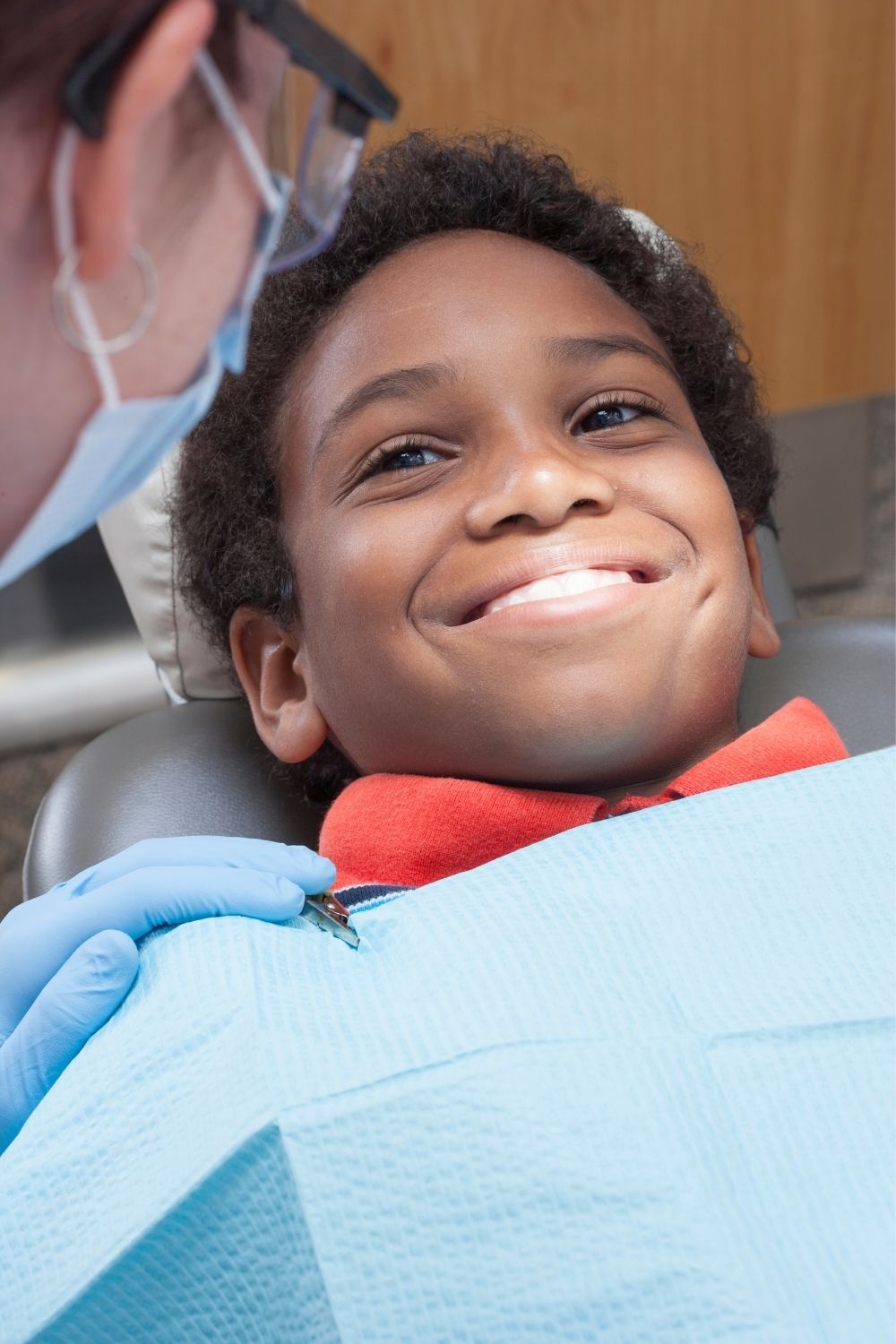Pediatric Dentistry – 5 Things To Know
What do you need to know about Pediatric Dentistry? Why is it important?
Having any type of dental work done by dentists can be an unnerving experience for a child. Are there any benefits in going to a pediatric dentist for your child’s dentistry needs? Absolutely.
What is a Pediatric Dentist?
Pediatric dentists are dedicated to the oral health of children from infancy through the teen years. They have the experience and qualifications to care for a child’s teeth, gums, and mouth throughout the various stages of childhood.
Pediatric dentists know how to examine and treat children in ways that make them comfortable. In addition, pediatric dentists use specially designed equipment in offices that are arranged and decorated with children in mind. Children begin to get their baby teeth during the first 6 months of life. By age 6 or 7 years, they start to lose their first set of teeth, which eventually are replaced by secondary, permanent teeth.
Without proper dental care, children face possible oral decay and disease that can cause a lifetime of pain and complications. Today, early childhood dental caries—an infectious disease—is 5 times more common in children than asthma and 7 times more common than hay fever.
5 Things Us Pediatric Dentists Want You To Know:
You want to make sure that you do all that you can to protect your child’s teeth. But what if what you know is not enough? What if there’s a little bit more to the story? You can’t know everything about pediatric dentistry to perfectly protect and nurture your child’s teeth. However, some of the following facts about pediatric dentistry might help you do your job better!
1. Cavities are common, curable and preventable
Cavities might be common, but that certainly doesn’t mean you can’t prevent them.
In particular, fluoride is capable of preventing and reversing early stages of tooth decay. The fluoride is taken to the developing teeth, where it helps reinforce the enamel (the protective layer on the teeth). Reinforced enamel is much more resistant to tooth decay. It is important to keep in mind, however, that fluoride is not capable of repairing cavities.
2. Children should go to the dentist by the time they’re one year old
Most children don’t see a dentist until they are over 2 years old! This is much later than recommended by dental professionals. You should bring your child in for a dental appointment by the time they are one year old.
Baby teeth are crucial for several reasons. Not only do they help children chew, which is necessary for good nutrition, but baby teeth also play a significant role with speech development.
3. Thumb sucking may lead to misaligned teeth
Thumb sucking is a habit that is highly prevalent among kids. Although you might have already told your little one that it’s a bad habit, has it ever occurred to you that this habit could even lead to misaligned teeth?
Baby teeth are fragile, and the force exerted on them while they suck on their thumbs frequently leads to misaligned teeth in the future. This would, in turn, require orthodontic treatment in the future.
4. Sealants are important
Sealants are materials that seal the grooves and pits on the molars and premolars. When food particles get stuck in there, it could be difficult to remove them, thereby causing cavities.
Thus, dentists suggest that you get your child dental sealants once they get their permanent molars and premolars to sustain good oral health in the long run.
5. It’s possible for a child to “catch” cavities from their mother
Believe it or not, a child can actually “catch” cavities from their mother. In fact, 71% of tooth decay cases are caused by the transmission of bacteria from a mother to her infant. The primary culprit is Streptococcus mutans, a strain of bacteria that is passed through the transfer of saliva. This means that blowing on food, sharing utensils, and even kissing, can indirectly cause cavities.
It’s important for mothers to maintain proper dental hygiene. The better their oral care, the smaller the chance of their baby having dental problems.
You Child is a Fast and Curious Learner!
Show them how to brush and floss properly, and they will pick it up in no time! It is important that until then, you brush your kid’s teeth for a full minute at least, using soft bristles and non-abrasive toothpaste
Better Dentistry is Our Mission
We Are Open!

